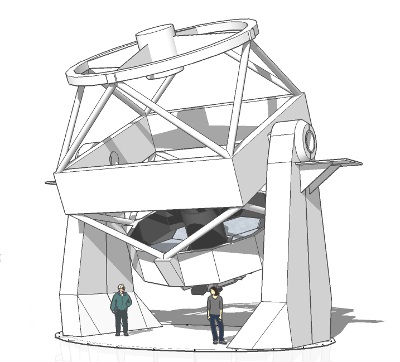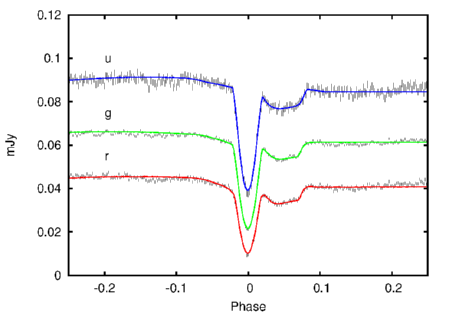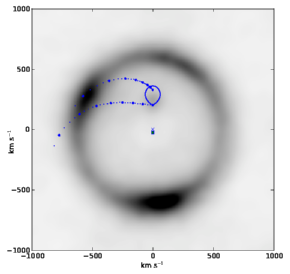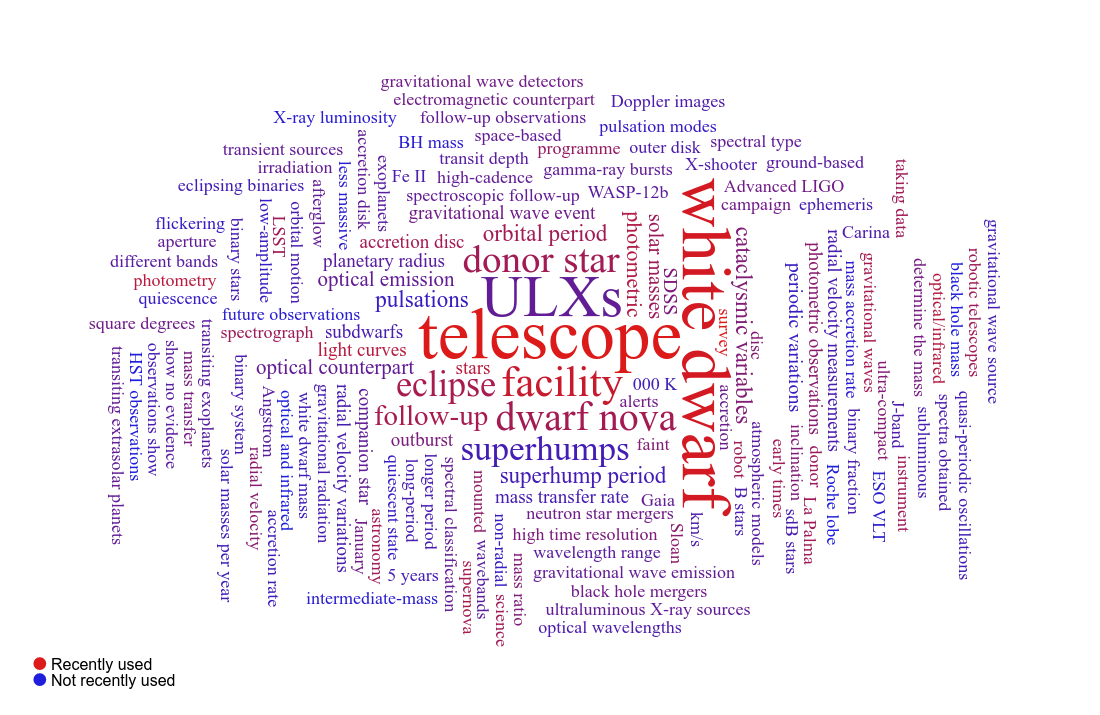
Chris Copperwheat
I am the Liverpool Telescope Astronomer in Charge and a Reader in Time Domain Astrophysics at the Astrophysics Research Institute of Liverpool John Moores University. I am responsible for giving a science-led perspective to the day-to-day management operations of the telescope. I took on the Astronomer in Charge role in September 2015. I joined the ARI in September 2012 as the Liverpool Telescope 2 (LT2) Project Scientist, and led development of the LT2 science case during the first phase of that project. Before that I was a postdoctoral research assistant in the Astronomy and Astrophysics group at the University of Warwick. I obtained my undergraduate degree from the University of Bristol in 2003 and my PhD at UCL's Mullard Space Science Laboratory in 2007. My CV (accurate as of 1 Aug 2018) can be found here.

The New Robotic Telescope
The NRT is a 4-metre, fully robotic optical/infrared telescope, which we intend to come into operation around 2025/26. NRT will be co-located with the Liverpool Telescope at the ORM on the Canary Island of La Palma, and will be a dedicated, time domain follow-up telescope, providing rapid spectroscopic classification and exploitation of targets discovered by survey facilities. The next couple of decades promises to be an exciting period for the time domain, with the next generation of survey facilities (such as the Vera Rubin Observatory) providing interesting transients at an unprecedented rate. We are also taking our first steps into the era of gravitational wave astronomy, and the next generation of exoplanet finders will report vast numbers of candidates around bright host stars.
For more information I refer you to the NRT website and our detailed science paper, which outlines our main goals for the project and was pubished in the journal Experimental Astronomy.

Research
I am primarily involved in time resolved studies of binary star systems, using the Liverpool Telescope and other ground based optical/infrared facilities. The subject of my PhD was the optical emission from Ultraluminous X-ray Sources, which are a class of extremely X-ray bright black hole binaries. These are of interest because the black holes (in some of them at least) might be of intermediate mass (100 - 1,000,000 solar masses), bridging the gap between the better understood populations of stellar-mass and supermassive black holes.
These days I am more interested in Galactic white dwarf binaries, in particular the accreting systems known as Cataclysmic Variables. The eclipsing examples are particularly powerful tools for precise study, and I have done a lot of work in this area using the fast photometer ULTRACAM. Of particular interest to me are the ultracompact binaries known as AM CVn stars. These systems have orbital periods of the order of tens of minutes or less, and consist of a white dwarf accreting matter from a donor star that is itself at least partially degenerate. These rare systems are powerful tools for the study of binary evolution.

One of the key goals for the time domain community over the next few years is the detection and characterisation of electromagnetic counterparts to gravitational wave sources detected by the Advanced LIGO and Virgo detectors. The ARI are participants in the follow-up effort, and I am the contact for our group. We welcome collaboration opportunities with other MoU signatories.
A complete list of my publications can be found on NASA's ADS service, or if you prefer Google Scholar.
 Keyword cloud courtesy of scimeter.org.
Keyword cloud courtesy of scimeter.org.
Teaching
I am the course lecturer for PHYS216: Practical Astrophysics I, a module which is part of the joint astrophysics degree offered by LJMU and the University of Liverpool. Questions regarding these lectures should be directed to either myself or the module leader, Dr. Marie Martig. In 2021/22 this module will be delivered via pre-recorded lectures and in-person workshops. Recordings, lecture notes and problem sheets are all available on the University of Liverpool's Canvas site.
Interactive workshops will be held at the following times:
- Semester 1, Week 2 -- Monday 4 October 11:00 - 13:00: Workshop 1
- Semester 1, Week 3 -- Monday 11 October 11:00 - 13:00: Workshop 2
- Semester 1, Week 4 -- Monday 18 October 11:00 - 13:00: Workshop 3
- Semester 1, Week 5 -- Monday 25 October 11:00 - 13:00: Workshop 4
In semester 2 I am the module leader for PHYS355: Planetary Physics. Timetable information will appear in due course.
